The Data Regarding Treatment Outcome For Individuals With Paranoid Personality Disorder
The data regarding treatment outcome for individuals with paranoid personality disorder. As far as theyre concerned their fears are justified. The data regarding treatment outcome for individuals with paranoid personality disorder. Someone with PPD believes other people are out to harm them cannot be trusted or are not loyal.
Professional treatment can help someone with paranoid personality disorder manage symptoms and improve their daily functioning. Personal Ment Health 2007. Paranoid Personality Disorder PPD is a Personality Disorder characterized by consistent mistrust of others and suspicion.
Personality disorders and physical comorbidities in adults from the United States. They often see statements as maliciously targeting themselves when this is not the case. In short-term and outpatient treatment settings clients with paranoid personality disorder may be less likely to stick with their essential psychotherapy treatment.
Psychotherapies including dialectical behavior therapy and mentalization-based therapy 1 with adjunctive pharmacotherapy targeting specific symptoms andor comorbid psychiatric disorders 2 have demonstrated efficacy. Quirk SE El-Gabalawy R Brennan SL et al. Data from the National Epidemiologic Survey on Alcohol and Related Conditions.
Treatment options for borderline personality disorder BPD have increased in recent decades. Persistent false beliefs not justified by actions or any evidence. For example many people with paranoid personality disorder will pair individual therapy with support groups and family therapy.
This article presents a summary of the key diagnostic issues relating to paranoid personality disorder and describes various psychological and social. While individual therapy can be useful on its own people with paranoid personality disorder usually have better outcomes when they participate in integrated services that are coordinated to target different symptoms. But due to the very nature of the disorder most people with PPD dont seek help.
Paranoid personality disorder is a neglected topic in clinical psychiatry and is often the subject of diagnostic confusion and therapeutic pessimism. PPD cannot be diagnosed if the suspiciousness and paranoia only occur during psychotic episodes.
Data from the National Epidemiologic Survey on Alcohol and Related Conditions.
They often see statements as maliciously targeting themselves when this is not the case. Someone with PPD believes other people are out to harm them cannot be trusted or are not loyal. Paranoid personality disorder or PPD falls into the category of personality disorders characterized by odd thoughts and behaviors. Both medication plans and psychotherapy can be effective to reduce anxiety and to reconstruct detrimental thinking patterns with experienced compassionate guidance from medical and psychological professionals. The data regarding treatment outcome for individuals with paranoid personality disorder. The impact of personality disorders on treatment outcome in bipolar disorder. Treatment options for borderline personality disorder BPD have increased in recent decades. Personality disorders and physical comorbidities in adults from the United States. PPD cannot be diagnosed if the suspiciousness and paranoia only occur during psychotic episodes.
This article presents a summary of the key diagnostic issues relating to paranoid personality disorder and describes various psychological and social. The impact of personality disorders on treatment outcome in bipolar disorder. Professional treatment can help someone with paranoid personality disorder manage symptoms and improve their daily functioning. In short-term and outpatient treatment settings clients with paranoid personality disorder may be less likely to stick with their essential psychotherapy treatment. Someone with PPD believes other people are out to harm them cannot be trusted or are not loyal. But due to the very nature of the disorder most people with PPD dont seek help. They often see statements as maliciously targeting themselves when this is not the case.

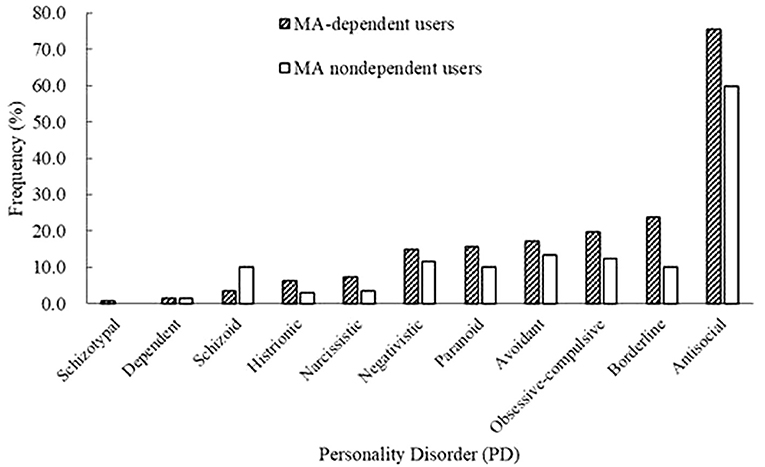


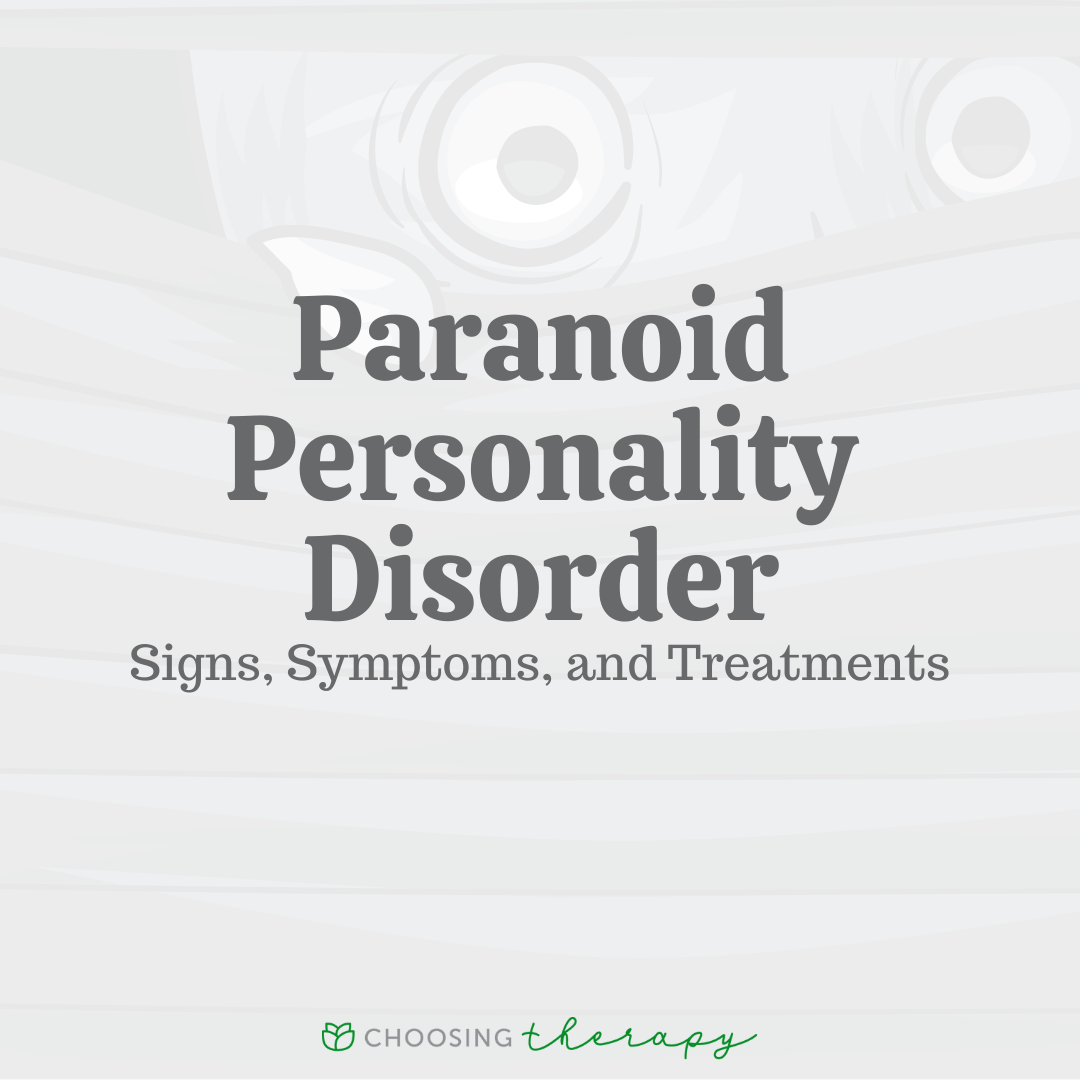
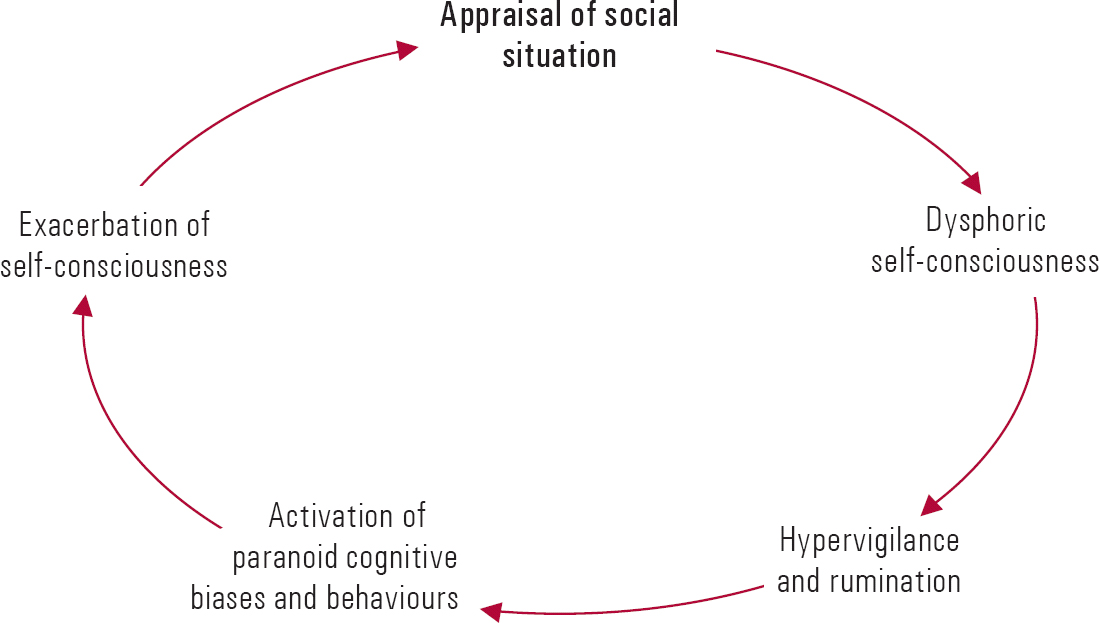

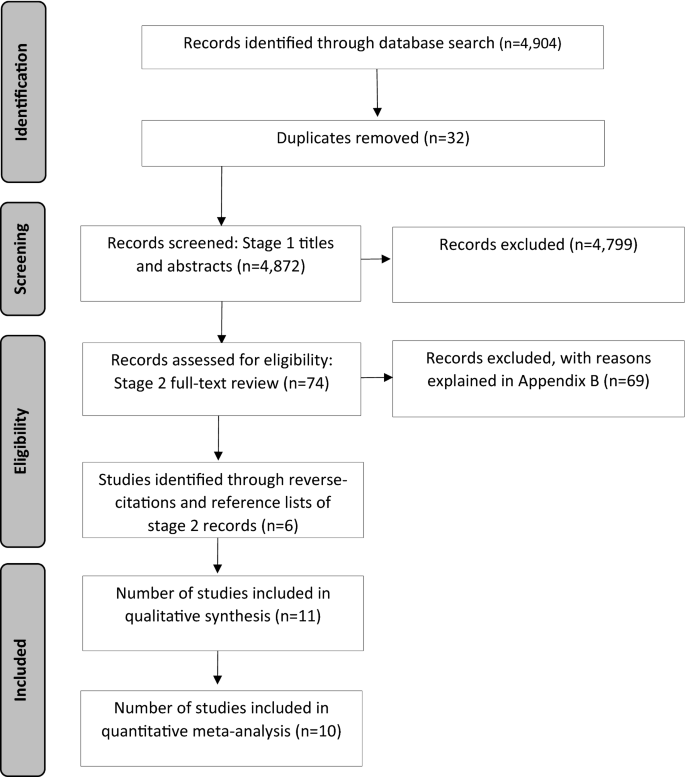
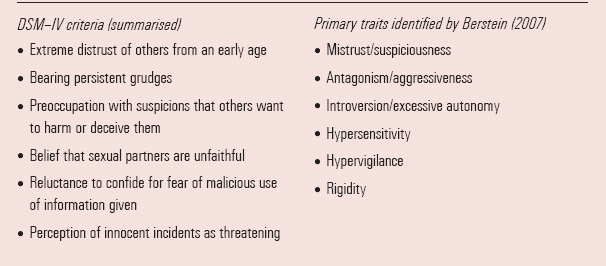
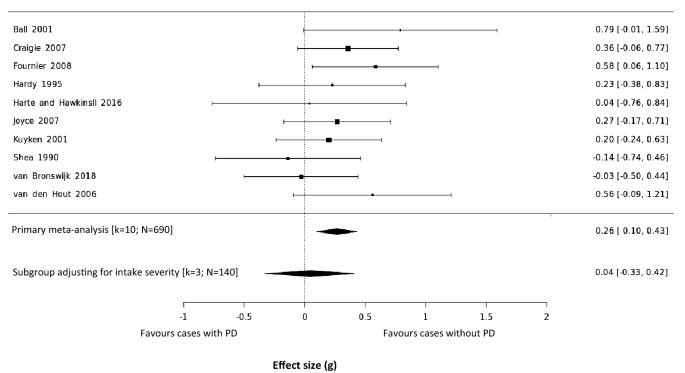



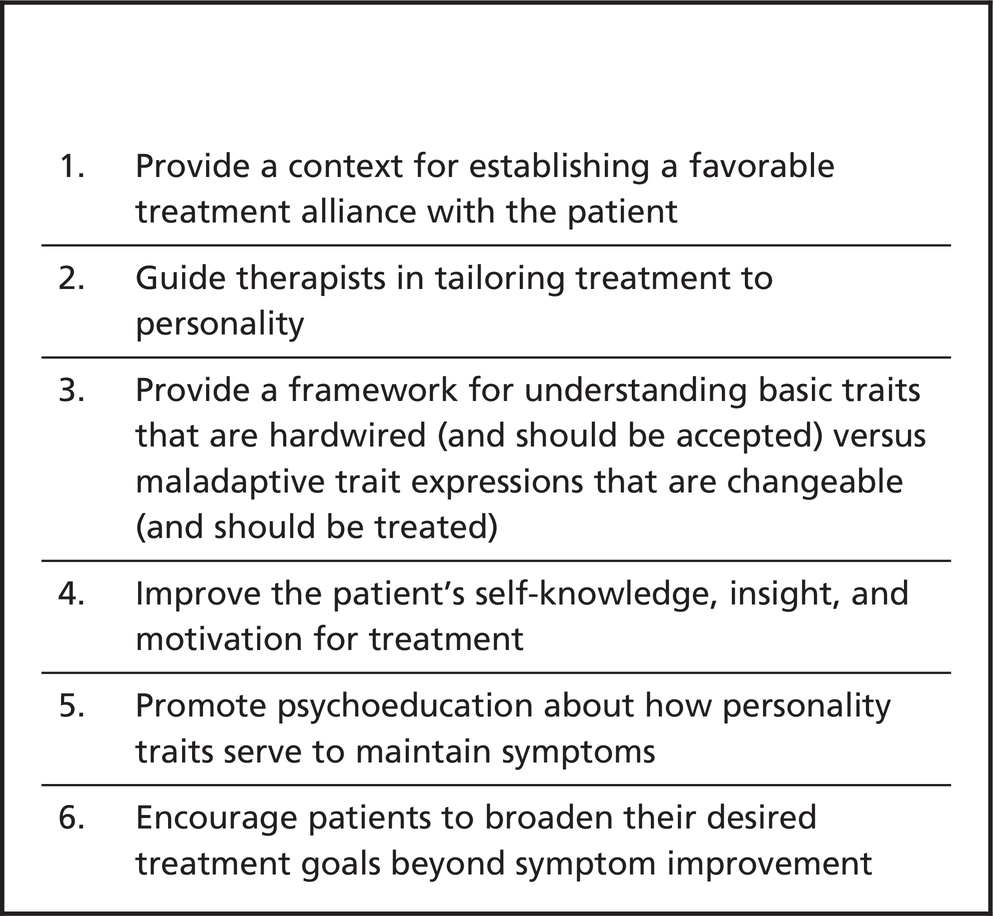
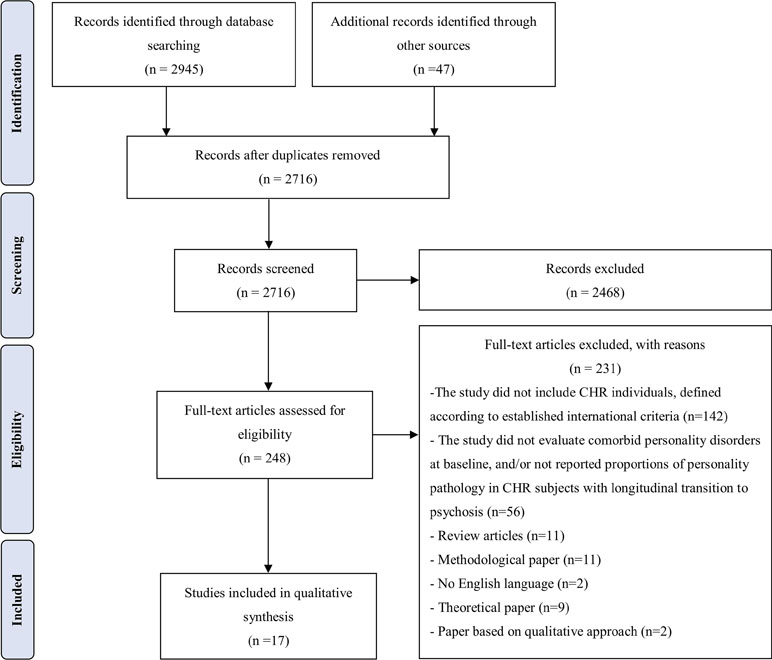

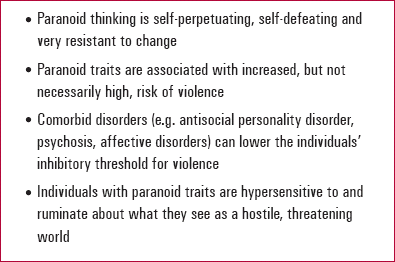



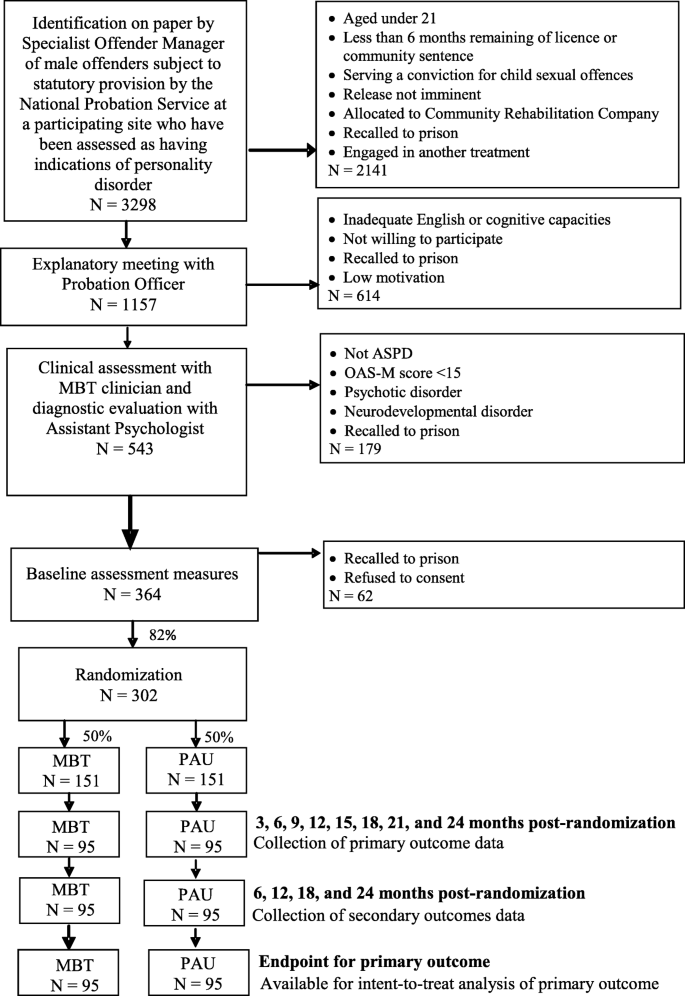
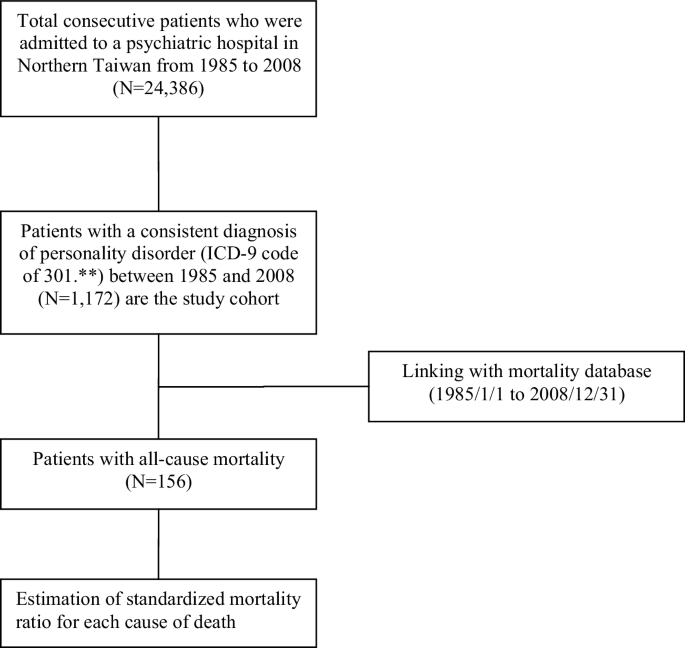


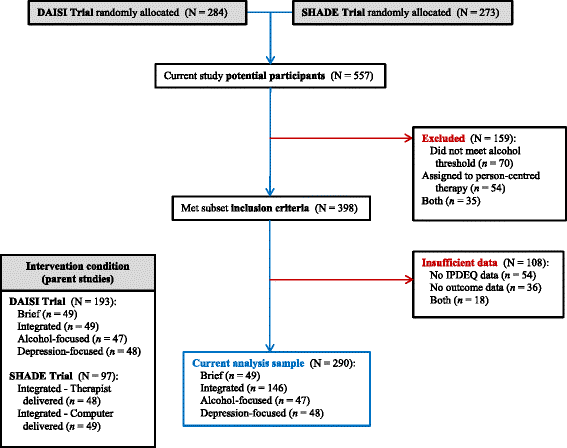
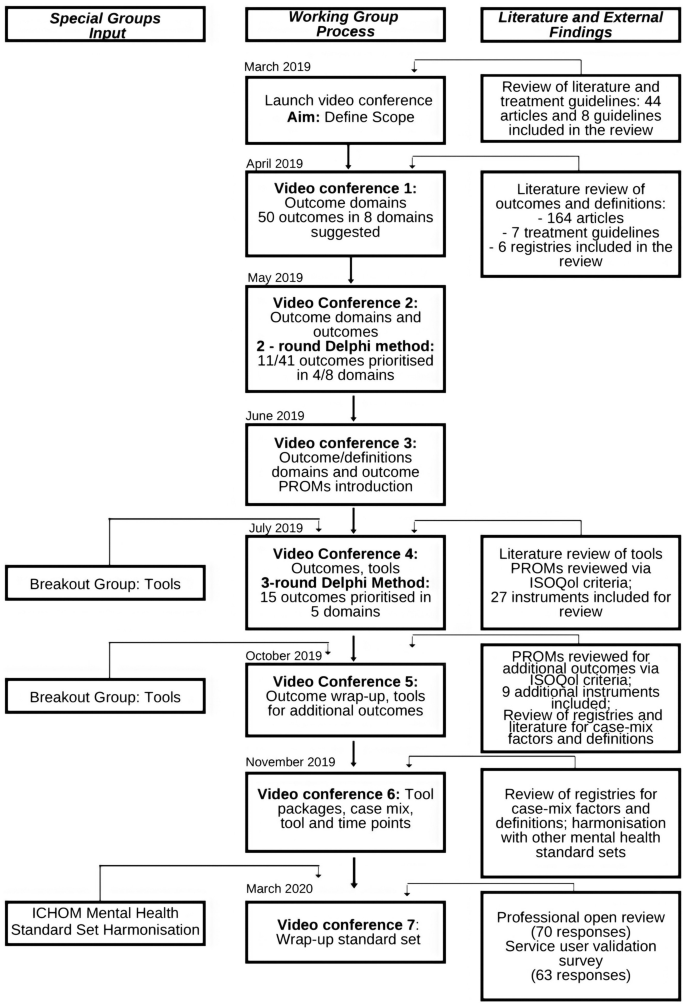


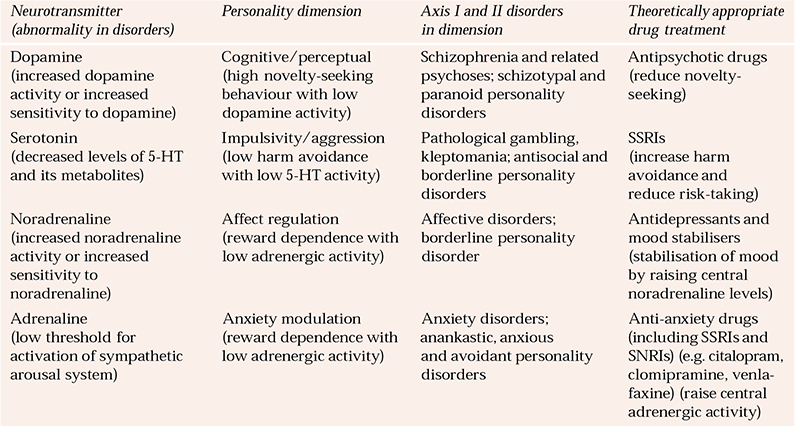

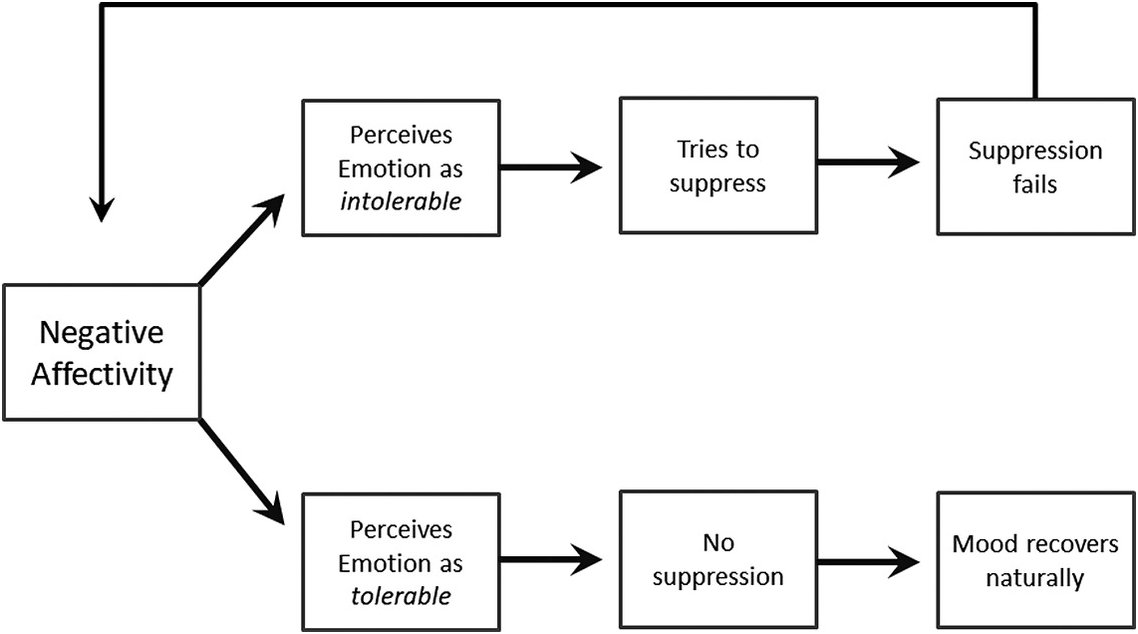
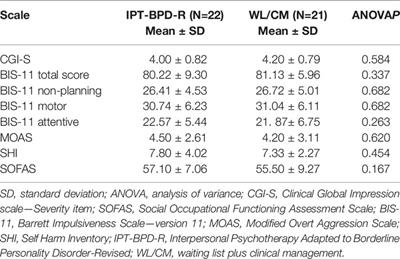
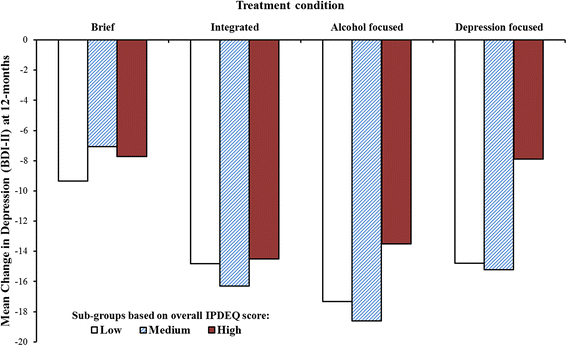

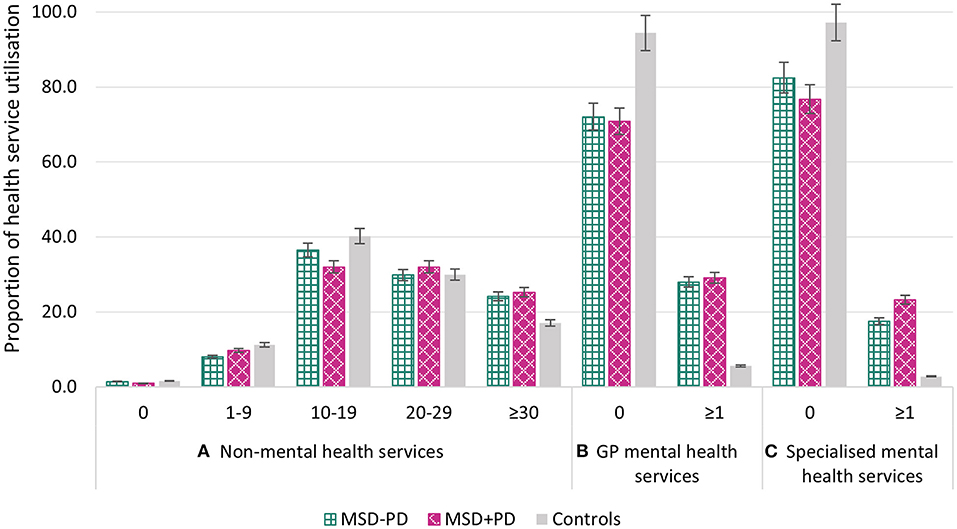






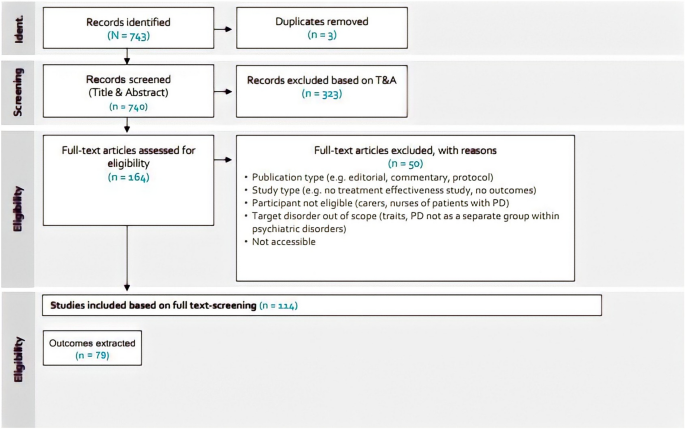
Post a Comment for "The Data Regarding Treatment Outcome For Individuals With Paranoid Personality Disorder"